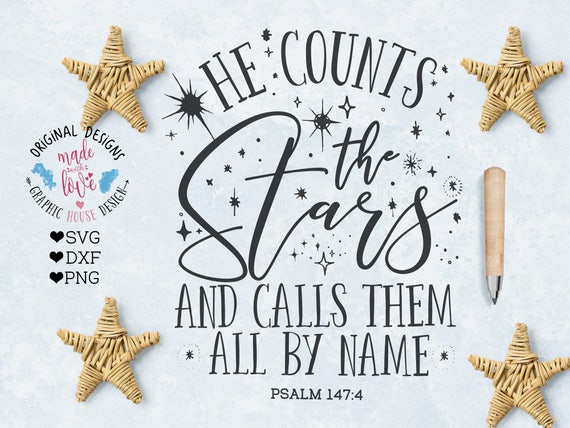

A relativist would use a device such as a meter stick, measuring the distance along that device and then extending it as long as needed. Or should it? "It's a logical way to define distance, but not how a relativist defines distance," Kornreich said. So the radius of the observable universe should be 13.8 billion light-years since light only has that long to reach us. To take a simple example, light from the objects farthest away from us would take approximately 13.8 billion light-years to travel to Earth, taking into account that the very youngest objects would be shrouded because light couldn't carry in the early universe. The first complication is that the universe itself is expanding, and the second complication is that space-time can curve. Thanks to missions like these, we are one step closer to providing a more reliable estimate to that question asked so often: 'How many stars are there in the universe?'" Observable universeĮven if we narrow down the definition to the "observable" universe - what we can see - estimating the number of stars within it requires knowing just how big the universe is. "Combined, these measurements will build an unprecedented picture of the structure and evolution of our galaxy. "Gaia will monitor each of its 1 billion target stars 70 times during a five-year period, precisely charting their positions, distances, movements and changes in brightness," ESA said on its website (opens in new tab). Data from the mission is due to be released in June 2022, according to ESA (opens in new tab). It builds on the previous Hipparchus mission, which precisely located 100,000 stars and also mapped 1 million stars to a lesser precision. Gaia aims to precisely map about 1 billion stars in the Milky Way. Missions such as the Gaia mission, a European Space Agency space probe that launched in 2013, may provide further answers. What is the biggest thing in the universe? So Annemarie and her family can't save all the Jews in Copenhagen, but they can save a few-and for these few, they are able to "number them one by one.How many black holes are there in the universe? While the God described in the psalm might be able to keep track of that entire galaxy, people can only see a limited amount. Think about it this way: it's kind of like looking just at the Little Dipper instead of the entire galaxy. Instead of talking about all the Jews who suffered during World War II, Number the Stars zooms in on just a few people, both Jews and Christians, and shows how their lives were affected. And especially because of all the lives that were lost, it can be tough to keep the faith. After all, what if we think of the stars in the sky as a symbol for the Jews in Europe during the Holocaust? It's hard to imagine any God being able to "number them one by one," keeping them all safe. While it's tough to put ourselves in Annemarie's shoes, we can definitely understand why she's feeling so hopeless. How could anyone number them one by one, as the psalm said? There were too many. Outside, she knew, the sky was speckled with stars. The night breeze moved the dark curtains at the open windows. The words were unfamiliar to her, and she tried to listen, tried to understand, tried to forget the war and the Nazis, tried not to cry, tried to be brave. Because of how difficult things are, Annemarie has a hard time believing in the goodness of this God: Instead, both the Jews and the Christians present can find comfort in the words-this psalm holds meaning for all of them.įor one of the listeners, though, the psalm seems like it's too much to take.

If Peter had read a passage from the New Testament, it would have emphasized the differences between Christians and Jews. The Nazis treat the Jews as the ultimate Other, so it's important that the psalm that Peter reads is one from the Hebrew Bible (Old Testament), a text read by both Jews and Christians. Quoting the Bible is never a throwaway, so we have to expect that it holds some hefty meaning when the shout-out is right there in the title. Pretty comforting, right? Sharing a Moment According to this psalm, you're not alone in the world. The God described here sees everything that's happening (he can count the stars, for crying out loud!)-and that means he sees what's happening to you, too. It is he who heals the broken in spirit and binds up their wounds, he who numbers the stars one by one… (10.34)

How good it is to sing psalms to our God! How pleasant to praise him! The Lord is rebuilding Jerusalem he gathers in the scattered sons of Israel.

The phrase "number the stars" comes from Psalm 147:4, when a guy named Peter reads these words out loud to a bunch of people who are in some major danger:


 0 kommentar(er)
0 kommentar(er)
